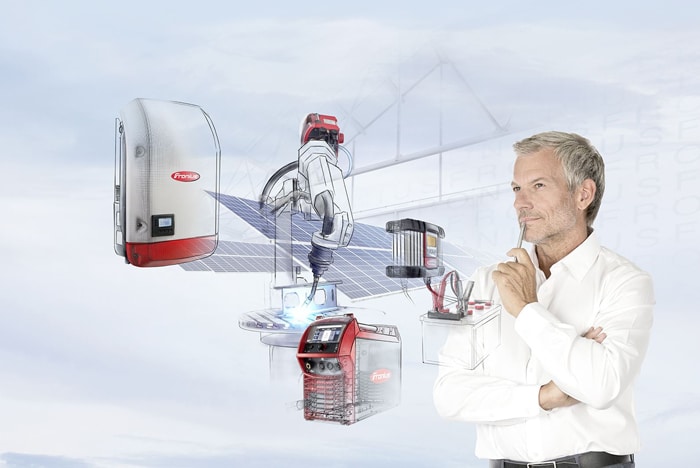
Solar Panel Inverter Smart - Questions and Honest Answers

The inverter is one of the most important parts of the solar system. While not as spectacular as the solar panel itself, its role is at least as significant.

contents show
Why do you need an inverter?
Solar panels generate electricity using the light of the sun. Yes, but it is a direct current that the electrical equipment of a given household cannot utilize. At this point, the work of the inverter becomes relevant. These great units convert direct current to alternating current, which can also power electrical equipment.
There are many types
There are basically three types of solar inverters: conventional, smart and hybrid. Although the conventional inverter also performs well, it was inevitable that manufacturers would upgrade this segment of the solar system in parallel with the development of technology and the increasingly urgent needs of customers.
Traditional vs. clever solar panel inverter
Conventional inverters adapt their own capacity to the lowest power solar module in the entire system. Although the system still works perfectly, if there is a way to upgrade, it is definitely worth stepping in as a user. This is because smart inverters test each module of the solar system one by one and operate without power loss. Thus, modules that are currently in the shade or for some reason unable to operate at 100% performance will not “pull down” the performance of the solar system.
A few words about the hybrid solar inverter
The hybrid inverter, as its name suggests, forms a transition between two units operating in different ways. The hybrid inverter is, in fact, the “love child” of island-operated and grid-connected systems. The solar system generates extra electricity during the day - this amount of energy is stored in a practical storage facility for island-powered equipment and is fed into the central network for grid-connected models, from where it can be “retrieved” at any time. Hybrid inverters combine these two variations, so they also have storage, but that doesn't stop them from receiving extra power from the grid.
Supported content















